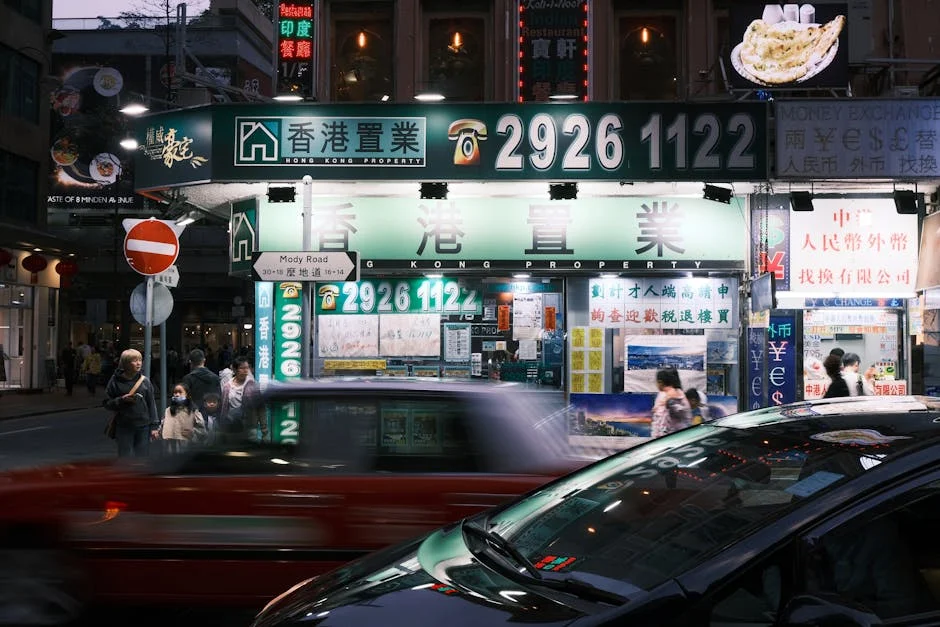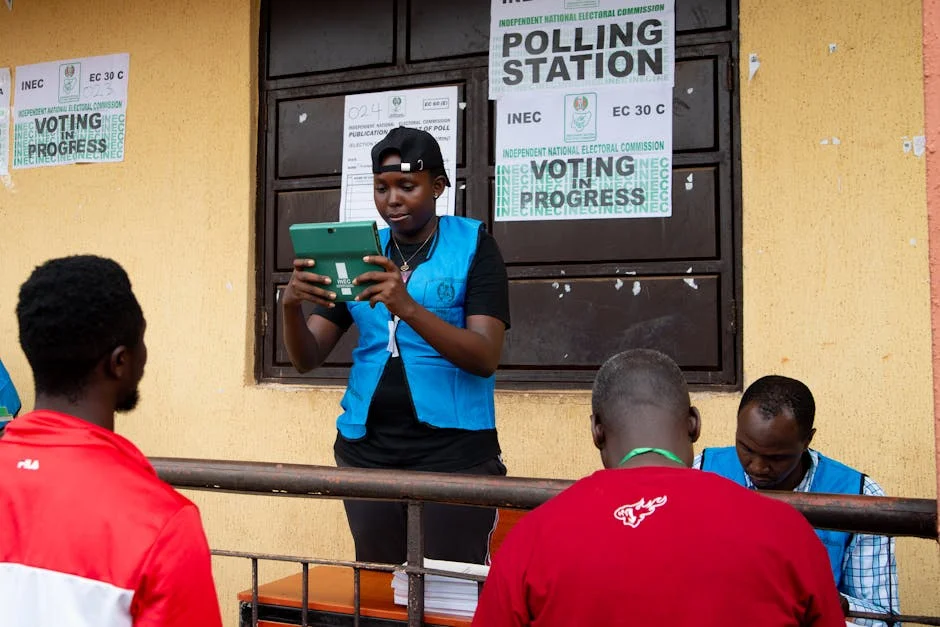The long-standing legal dispute regarding the outcome of the presidential election held on February 25 is set to conclude on Thursday as the Supreme Court prepares to deliver its final verdict.
The candidates of the Peoples Democratic Party (PDP) and the Labour Party (LP), Atiku Abubakar and Peter Obi, respectively, have been challenging the election results, which saw President Bola Tinubu of the All Progressives Congress (APC) emerge as the winner.
Previously, the Presidential Election Petitions Court dismissed the petitions of Atiku and Obi on September 6, citing a lack of evidence. Nevertheless, the two candidates filed appeals, leading to the current proceedings in the Supreme Court.
On Monday, Atiku and Obi, represented by their legal counsel Chris Uche and Livy Uzoukwu, presented their cases before a seven-member panel led by Justice Inyang Okoro. During this process, several key issues were raised.
These issues included the mandatory use of technology in the transmission and collation of election results, the requirement for the president to secure 25 percent of votes in the Federal Capital Territory (FCT) as stipulated by Sections 134(2)(b), 2(2), 3(1), and 299 of the Nigerian Constitution.
Another point of contention revolved around the president’s forfeiture of $460,000 to a United States District Court of the Northern District of Illinois, which was argued as a potential disqualification under Section 137(1)(d) of the 1999 Constitution of Nigeria.
Furthermore, the question of the president’s disqualification due to the double nomination of his running mate was brought into consideration.
In addition to these issues, Atiku raised a separate matter regarding the admission of fresh evidence, specifically depositions on President Tinubu’s academic records from the Chicago State University.
Atiku and the PDP also contested the removal of certain paragraphs from their petition and witnesses’ statements on oath during the trial, claiming they were wrongly expunged due to their subpoenaed status and not being included with the initial petition.
They further argued that the panel’s use of “disparaging words” when addressing their petition, as guided by the Revised Code for Judicial Officers of the Federal Republic of Nigeria, promulgated by the National Judicial Council, amounted to a miscarriage of justice.
Troops Kill 5 Boko Haram Fighters in Yobe
DSS confirms release of former EFCC boss



